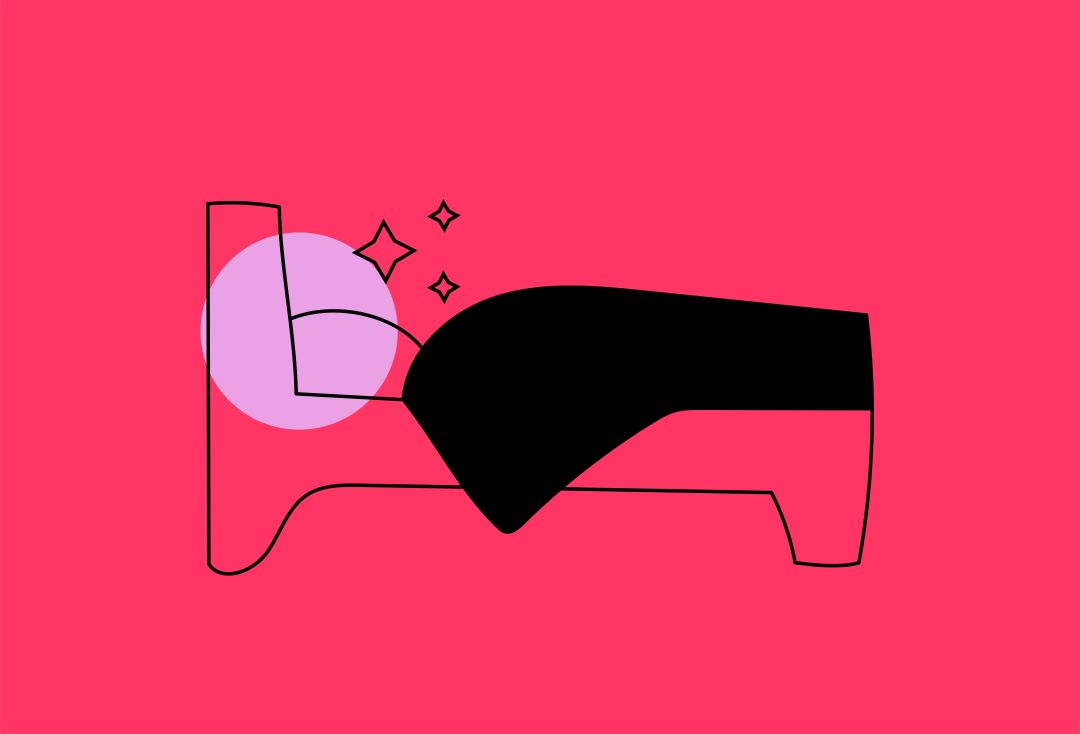What is Sleep Hygiene, and How Can We Improve Our Own?

Image: Kari Perrin
Sleep deprivation is a hidden epidemic in the United States. According to an April study by the Centers for Disease Control, more than one in three Americans are sleep deprived—and more than 35 percent of Americans get less than seven hours of sleep per night, which is the minimum required for the average adult.
Even one less hour of sleep per night can attribute to long-term health complications like diabetes and heart disease.
That's why we keep hearing so much about "sleep hygiene." Finding the right night time routine and bedroom environment to promote relaxation and send you off to slumber is crucial. Dr. Mathew Edlund at the Center for Circadian Medicine in Sarasota offers background and tips for better sleep.
What is sleep hygiene?
According to the Sleep Foundation, it is a practice involving both a bedroom environment and daily routines that promote consistent, uninterrupted sleep. This consists of keeping a sleep schedule, making your bedroom comfortable and free of disruptions, and following a relaxing pre-bedtime routine. Edlund says the concept was developed by clinicians in the 1970s to help people with insomnia.
Why is sleep hygiene talked about so much now? Why is it important?
Healthy sleep is the cornerstone for a healthy life. All ages benefits from better sleep, and sleep plays a key role in physical and mental health. Because Americans are experiencing sleep-deprivation like never before (especially due to prioritizing working and socializing at night over sleep), we are talking about its importance more and more.
If you want to join the sleep hygiene conversation on social media, and gain some inspiration, follow Instagram accounts like @thesleepdoctor (Michael Breus, MD), @sleep4sport (Dr. Amy Bender), and @followthenap (Alex Shannon).
What are signs of poor sleep hygiene?
Common signs include trouble falling asleep and staying asleep throughout the night. Frequent wakefulness and daytime sleepiness/loss of focus are common are also common. Others may experience an increase of anxiety symptoms, poor mood and physical ailments such as headaches and body aches.
What are good sleep hygiene practices?
Set your sleep schedule. No matter what day of the week, plan on reaching a target bedtime and fixed wake-up time. A fluctuating schedule keeps you from getting into a rhythm.
Prioritize sleep. Don't skip sleep. Make it a priority. Work and social life can throw this off, but keeping a balance is vital.
Implement changes slowly. Making huge adjustments to your sleep schedule can backfire. Edlund recommends changes of up to an hour or two to give your body time to settle.
Try not to nap! We know this is a tough one, but if you must, try to keep naps short and limited to early afternoon.
Make your bedroom the ideal sleeping space. Remove light sources and noise distractions an hour before sleep, and put electronics away 30 to 60 minutes before sleep. Keep the room cool (the ideal temperature is 65 degrees Fahrenheit), use your favorite blankets and sheets, and even try spraying scents like lavender to promote relaxation.
Get out of bed if you can't sleep. Instead of tossing and turning when you wake up in the middle of the night, Edlund suggests getting out of bed and doing something else. "If you are back asleep in 10 to 20 minutes, don't stay in bed," he says. Read a book, listen to music or a podcast—and do it in a different room until you're tired again. This keeps your body from associating the bed with poor sleep.
Have a dedicated night time routine. Whether it's light stretching, a hot shower and brushing your teeth, applying lotion or putting on pajamas, keeping the order of your routine the same each night sends a signal to your brain that it's time to relax.
Don't exercise too late at night. This will keep you wired well past bedtime.
Avoid alcohol and caffeine before bed. Self-explanatory!
Consider additional therapies if you suffer from a sleep disorder or chronic insomnia. A meta-analysis on behavioral therapies was conducted by the American Academy of Sleep Medicine and concluded that the organization "did not favor the use of sleep hygiene as a stand-alone therapy for chronic insomnia."
If you suffer from chronic insomnia—that is, the inability to fall and stay asleep at least three nights per week for three months or longer—adding components to your treatment like cognitive behavioral therapy specifically for insomnia can help. Talk to your doctor to learn more.
For more information and resources about practicing proper sleep hygiene, visit the American Academy of Sleep Medicine's website, or schedule an appointment at the Center for Circadian Medicine here, or by calling (941) 365-4308.



